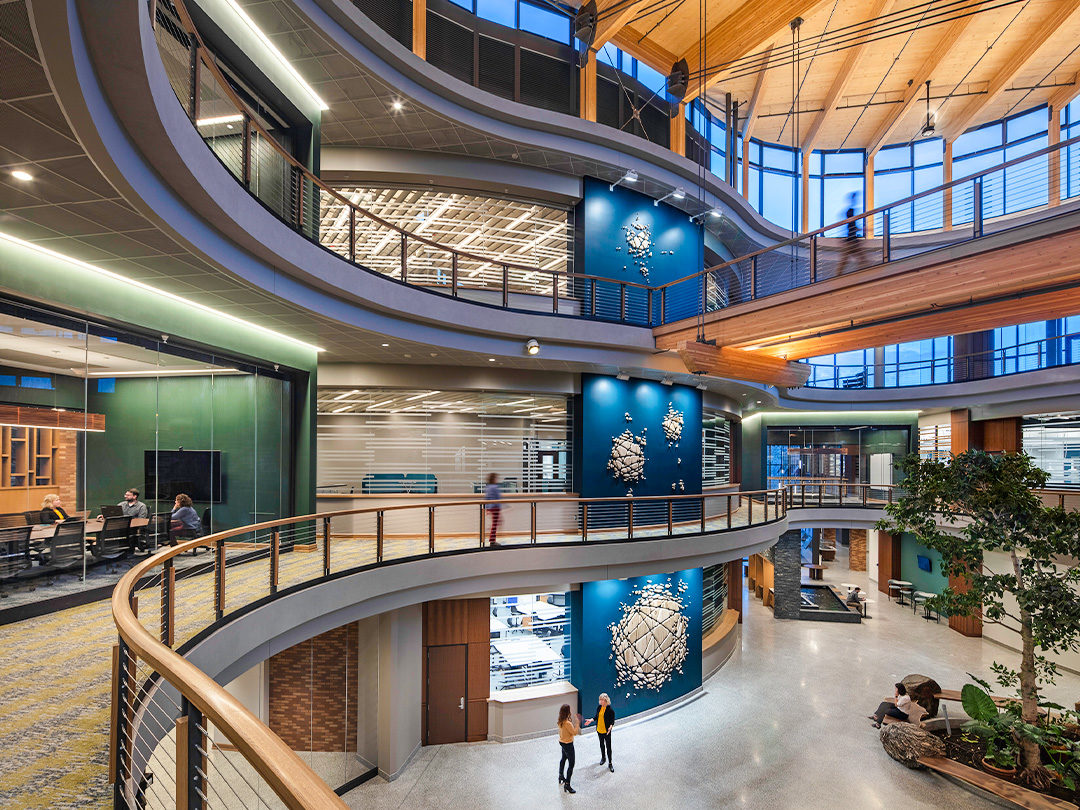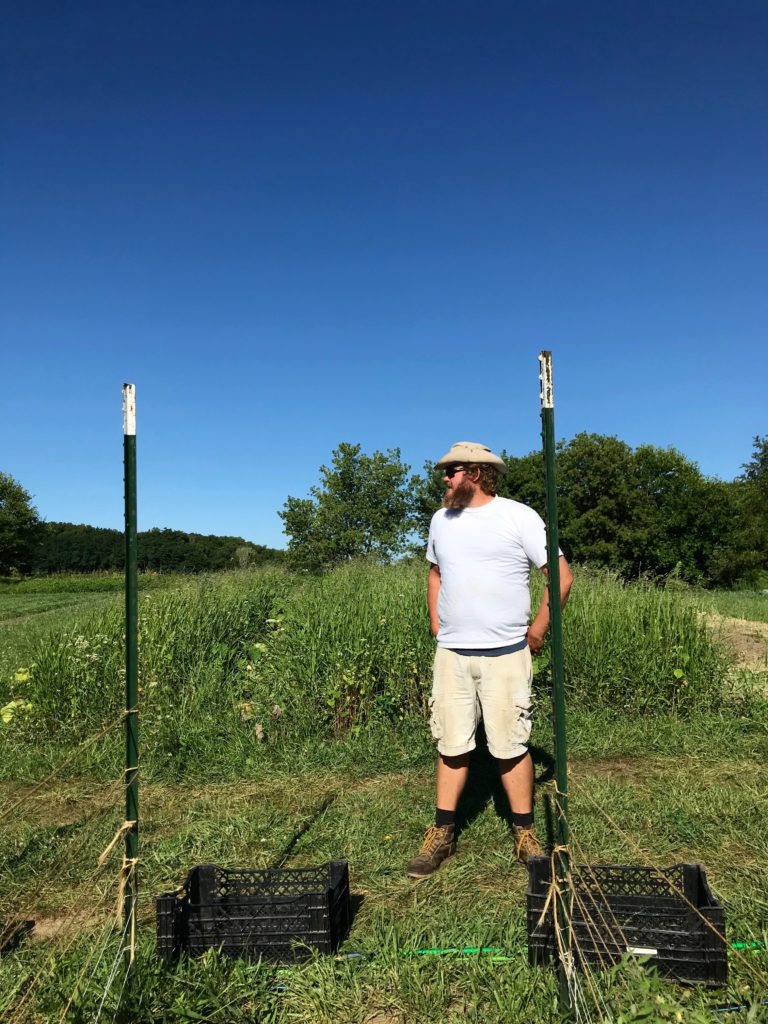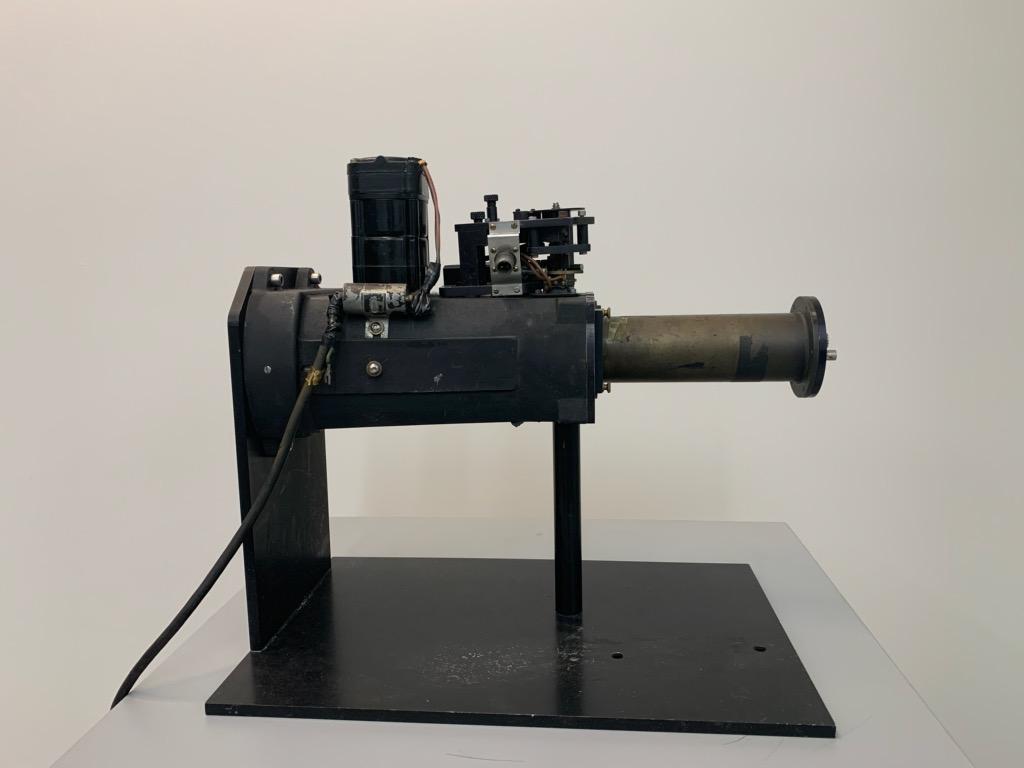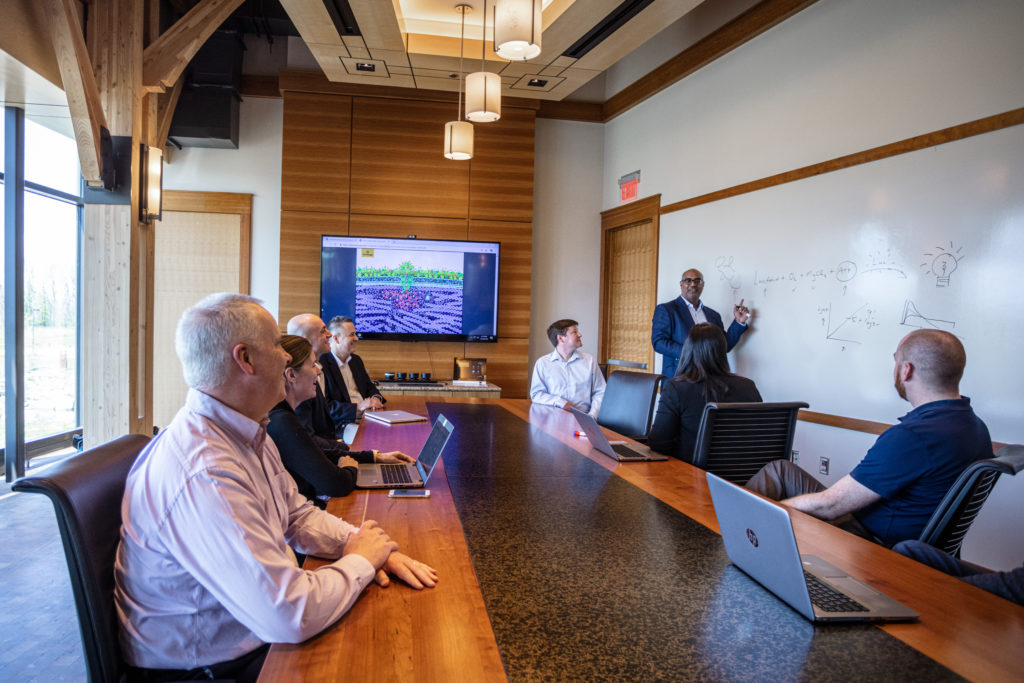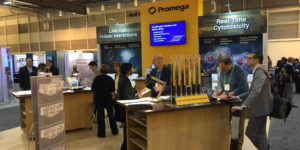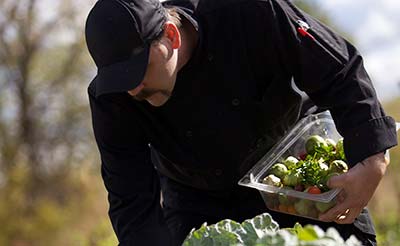This summer, Dr. Anette Leue, Director of Digital Marketing and PR Promega GmbH, represented Promega Corporation in Sustainability Day activities sponsored by Smart Lab Connects. Dr. Leue presented Promega Corporation’s corporate responsibility activities and joined a panel discussion about global responsibility with representatives from Eppendorf, Max Planck Sustainability Network, and NIUB Sustainability Consultants.
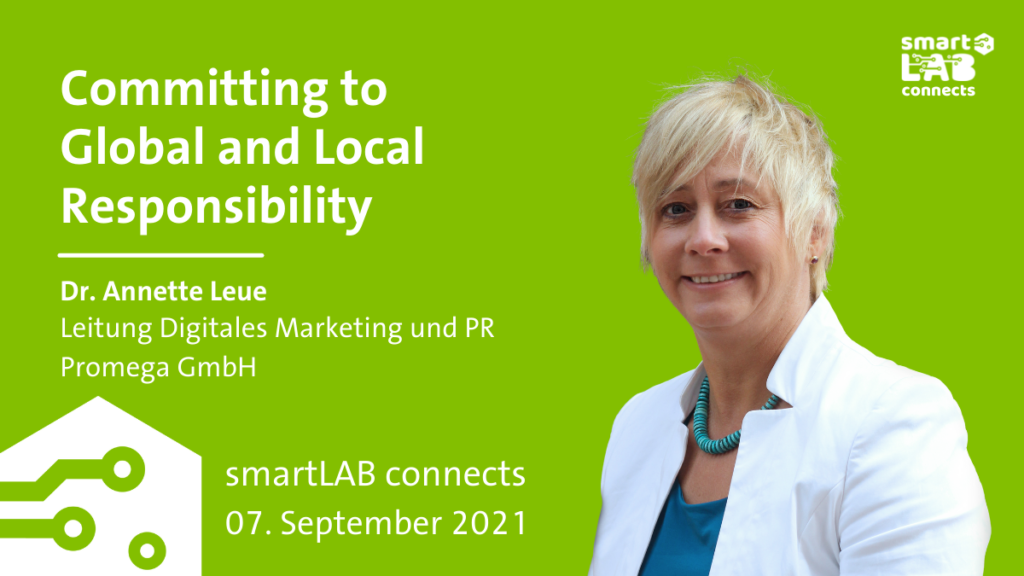
As the Sustainability Day activities progressed, what became apparent is that calls for sustainable business growth are coming from all directions. Customers of life sciences companies are asking, “what are you doing to be a responsible company”? And, employees also are asking the same question of their employers. This interest sustainability and global responsibility by customers, employees and local communities is bringing into sharp focus the activities of companies to be good corporate citizens. Sustainability and global responsibility programs are no longer nice extras for life science companies, but rather are requirements for doing business.
Continue reading “How to Commit to Global Responsibility with Local Accountability”“Sustainability is not a “nice to have”, but something that should be intrinsically implemented in the companies.”
Dr. Anette Leue
